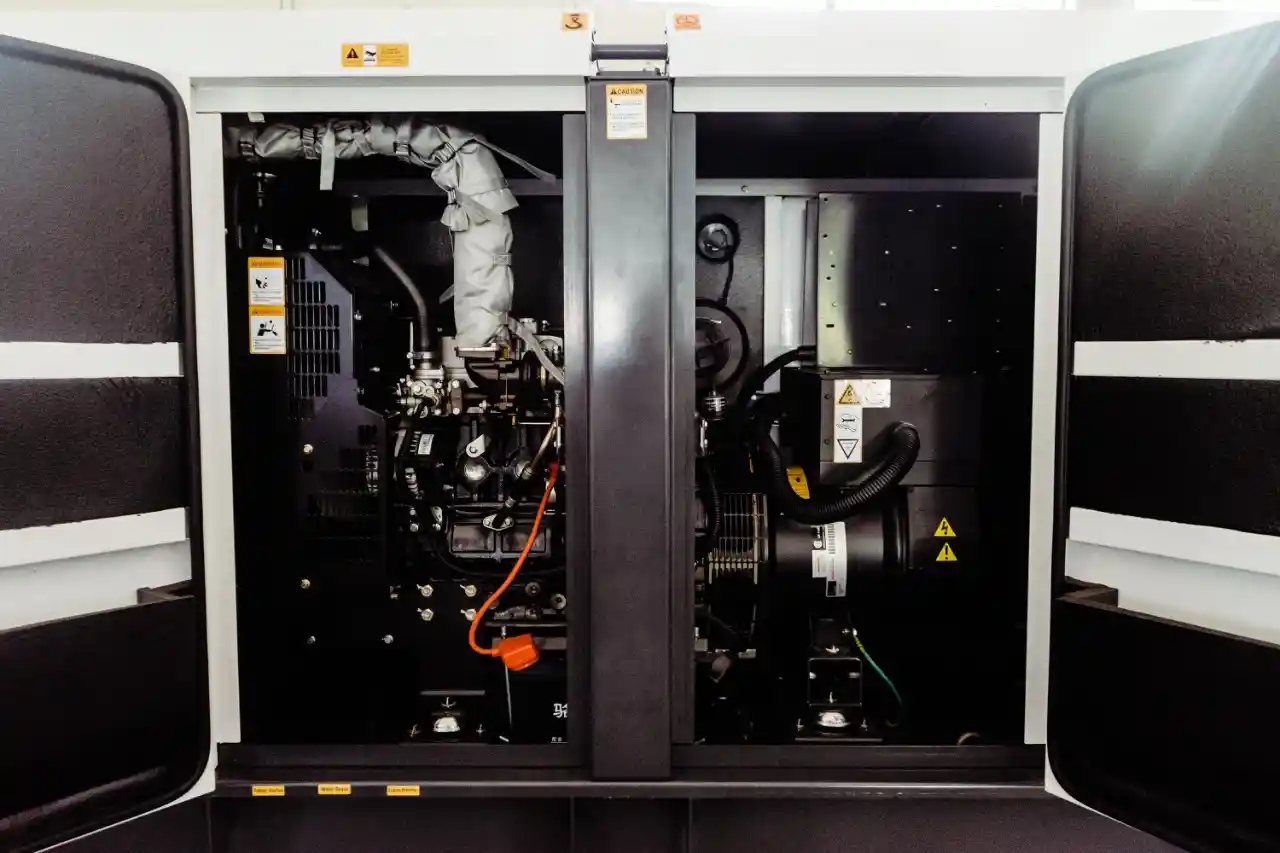It is not surprising that the electrical power supply fails, causing us problems and inconvenience. How many things in our daily lives depend on electrical energy for their operation? What happens when it is interrupted for long periods of time?
It is clear that if these difficulties cannot be avoided, they should at least be easily and quickly overcome. There are many ways to deal with these eventualities. One way to solve these problems of power supply failures is to purchase an electric generator. If you want to know how to install it, you can refer to it here.
In fact, it is one of the most reliable options on the market, since it is possible to adapt them so that they detect any alteration in the flow of electrical current and start up automatically, providing an energy supply capable of supplying the source. major.
But this is just one of its advantages over other alternatives. If you know more, get to know our available models.

Next we will see what exactly an electric generator is, what types of electric generators are there, what are the physical principles that an electric generator takes advantage of, how it works, and what are the benefits it offers.
An electrical generator is a machine that, in principle, efficiently converts mechanical energy into electrical energy. Although later we will detail its operation, it is important to indicate from now on that all electric generators consist of two fundamental parts that enable the phenomenon of electromagnetic induction and the consequent generation of current: the rotor (which is the mobile inductor) and the stator ( which is the fixed armature).
Being a compact and powerful machine, it guarantees a safe and reliable supply of electrical energy.
The basic function of an electric generator is to guarantee the supply of electrical energy when the supply of the main source, for some reason, is interrupted. However, nothing prevents it from bringing power to places where it is not usually available, which is a great advantage in rural areas.
Although all electrical generators obey the same physical principles, they can be classified according to the type of electricity they generate, giving rise to two types of generators.
However, since their functionality characteristics (such as their enormous weight and low power) make them obsolete for the most demanding needs of today's world, they have been replaced by alternator-type electric generators.
For example, as they are synchronous machines (where the frequency of the current is synchronized with the speed of the rotor), and taking into account that their rpm (revolutions per minute) are considerably higher due to being a lighter machine, they can provide much higher power for longer and with great efficiency.
Another great advantage is the useful life: our models have a guarantee of 4 years or 3000 hours. We must also consider its enormous supply capacity. See more types of generators
It could be said that an electric generator is a small-scale power plant, since it is based on the same physical principles for its operation.
First, the engine provides rotational motion to the alternator. This movement is understood as mechanical energy. This is the kinetic energy of the rotor.
Thanks to its components that are powered by a direct current source, when the rotor rotates it generates a magnetic field that also rotates, thus acting as an inductor. Given this rotary movement inside the stator, the magnetic forces produced cause the electrons to flow, which means a current flow through the stator coil, which acts as an armature; that is, it gives rise to an electromotive force.
This phenomenon is known as electromagnetic induction. There are two laws that describe this phenomenon. The Faraday law, which relates the movement of the magnetic field with the consequent electromotive force; and Lenz's law, which indicates that the direction in which the generated current flows will always be opposite to the direction in which the magnetic field moves.
We said that its basic task is to convert mechanical energy into electrical energy. But, being more specific, the mechanical energy used is a type of kinetic energy.
Where does that kinetic energy come from? In our models, a powerful 4-stroke Perkins diesel engine, fed by a tank with a capacity of up to 300 gallons, carries out a combustion process which enables an angular speed of 1800 rpm for the rotor inside the stator.
At this point, the Stamford alternator that our models have is responsible for capturing the rotational movement of the magnetic field and, through the phenomenon of induction, gives rise to the electromotive force.
Being a synchronous machine, the angular speed with which the rotor rotates and its corresponding magnetic field will determine the frequency of the alternating current generated.

Since its main function is the transformation of mechanical energy into usable electrical energy, the advantages it brings to the user are considerable.
First of all, it guarantees a safe, reliable and efficient energy supply.
Not to forget that they can be configured so that interruptions in the main power source are automatically detected, so that the electrical generator starts up without the need for human intervention.
It should also be remembered that they allow electricity to be carried to places that are difficult to access, which makes them ideal for rural use.
Additionally, our staff is highly qualified to advise you and install the Electric generator suitable for your needs.